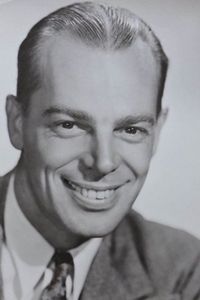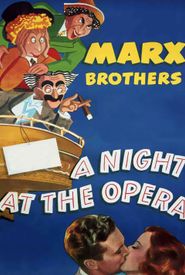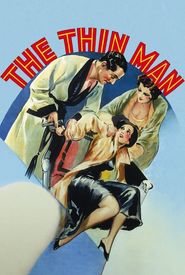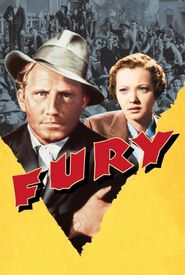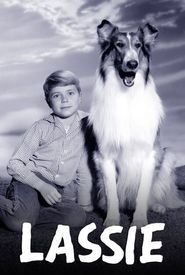Lesley Selander's illustrious film career, spanning over four decades, commenced in the early 1920s as a teenager when he secured a job at a studio as a laboratory technician. He quickly worked his way into the production end of the business, ultimately landing employment as a camera operator, then an assistant director, with several detours as a director of two-reel shorts. He directed his first feature film in 1936, a western, a genre in which he would excel and spend the majority of his career.
Although Selander couldn't be considered an "A"-list director, his films boasted a professionalism and verve that many of those made by his fellow B directors lacked. His sense of pacing was exceptional, ensuring that his films could be counted on to move quickly and smoothly, not just his westerns. He also made detective thrillers, action/adventure pictures, and even a horror film or two.
One standout film that is seldom seen nowadays is Return from the Sea (1954),a sentimental and lyrical story of a cynical, embittered merchant seaman and the equally disillusioned waitress he meets in a dingy diner in the waterfront section of town. It's a surprisingly sensitive work for a man who spent his career making tough, macho shoot-'em-ups, and even more of a surprise are the outstanding performances by an unlikely cast: tough-guy Neville Brand as the sailor, perennial gun moll Jan Sterling as the waitress, and a terrific job by veteran heavy John Doucette as a garrulous, happy-go-lucky cab driver determined to bring the two together. With this little jewel, Selander proved he was capable of much more than cattle stampedes, Indian attacks, and gangster shootouts, but unfortunately, he never made another one like it.
As the market for B westerns died out, Selander, like so many of his fellow B directors, turned to television. The last few feature films he made, in the mid- and late 1960s, were a string of what's come to be known as "geezer westerns" churned out by producer A.C. Lyles, embarrassing efforts made on the cheap that were meant to give employment to aging cowboy stars; the less said about them, the better.
Lesley Selander retired from the film industry in 1968 and passed away in 1979.
